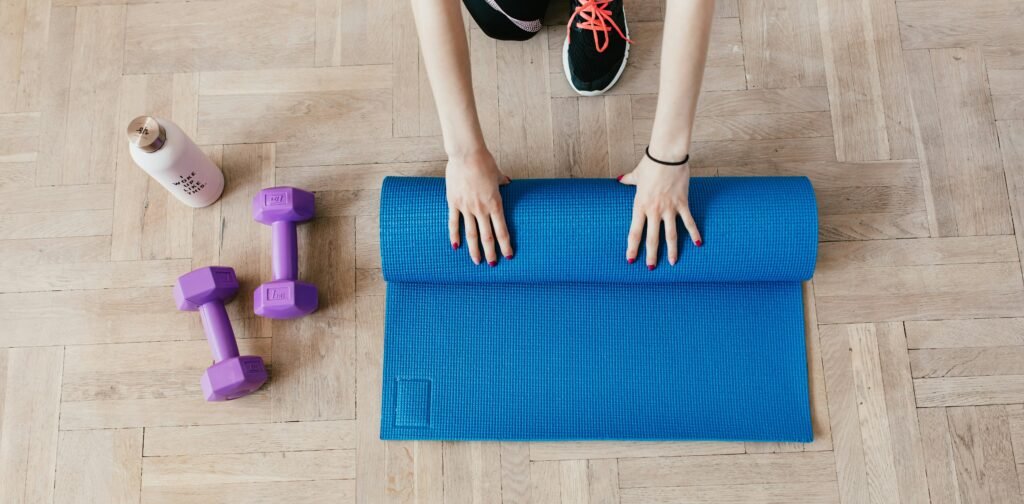Mastering Well-being: Your Guide to a Healthier, Happier Life
In today’s fast-paced world, it’s easy to neglect our well-being as we juggle work, family, and personal commitments. However, taking the time to invest in your physical, mental, and emotional health is crucial for leading a fulfilling and balanced life. This complete guide to improving your well-being will provide you with practical tips and insights to help you create a healthier and happier life.
Prioritize Self-Care
Think of self-care as the cornerstone of your well-being. It’s not a high-priced indulgence but an absolute must. It’s about carving out “me time” in your busy schedule. This could mean immersing yourself in a warm bubble bath, spending mindful moments in tranquility, or even curling up with a fascinating novel. Self-care should be a rejuvenating pit stop that helps you refuel, keeping stress at bay. Doesn’t that sound like the secret ingredient to a more balanced life?
Maintain a Healthy Diet
You know what they say, right? You are what you eat. So, think about it. Are you fueling your body with a rainbow of fruits and veggies, solid proteins, and ‘good-for-your-heart’ whole grains? If so, you’re on the right track. Proper nutrition not only provides essential nutrients for your body but also plays a role in your emotional and mental health. Consuming foods like fish, nuts, and leafy greens can boost your mood and overall vitality. Stay hydrated by drinking enough water throughout the day, and limit the consumption of processed and sugary foods.
Exercise Regularly
Physical activity is a powerful tool for improving both physical and mental well-being. Exercise releases endorphins, which are known as “feel-good” hormones, can boost your mood and reduce stress. Whether you prefer jogging, yoga, dancing, or hitting the gym, find a form of exercise that you enjoy and make it a part of your routine.
Get Out in Nature
Spending time in nature has been shown to reduce stress and increase feelings of well-being. Take a break from the hustle and bustle of daily life and go for a hike, have a picnic in the park, or simply sit outside and enjoy the natural world.
Get Sufficient Sleep
Sleep is often the first thing to suffer in our busy lives, but it’s crucial for your overall well-being. Try to get 7-9 hours of quality sleep each night.Create a calming bedtime routine, avoid screens before bedtime, and ensure your sleep environment is comfortable and conducive to relaxation. Adequate rest helps with cognitive function, mood regulation, and physical recovery.
Master Stress and Time Management
Stress is a common part of life, but chronic stress can have detrimental effects on your well-being.
Learning to manage stress is essential. Try techniques like deep breathing, meditation, or progressive muscle relaxation. These practices can help you stay calm, reduce stress, and improve your overall emotional health. Effective time management can alleviate stress and elevate your overall well-being. Prioritize your tasks, establish boundaries, and delegate when feasible. This will help you find more time for the activities and people that matter most to you.
Limit Screen Time
In the digital age, it’s easy to become consumed by screens, from smartphones to televisions and computers. Excessive screen time can lead to increased stress and decreased overall well-being. This also includes social media. Try to set boundaries for your screen time and engage in more real-world interactions.
Set Realistic Goals
Having clear, achievable goals can give you a sense of purpose and direction. Set both short-term and long-term goals in various areas of your life, such as career, personal growth, and relationships. Break them down into manageable steps to ensure you stay motivated and focused.

